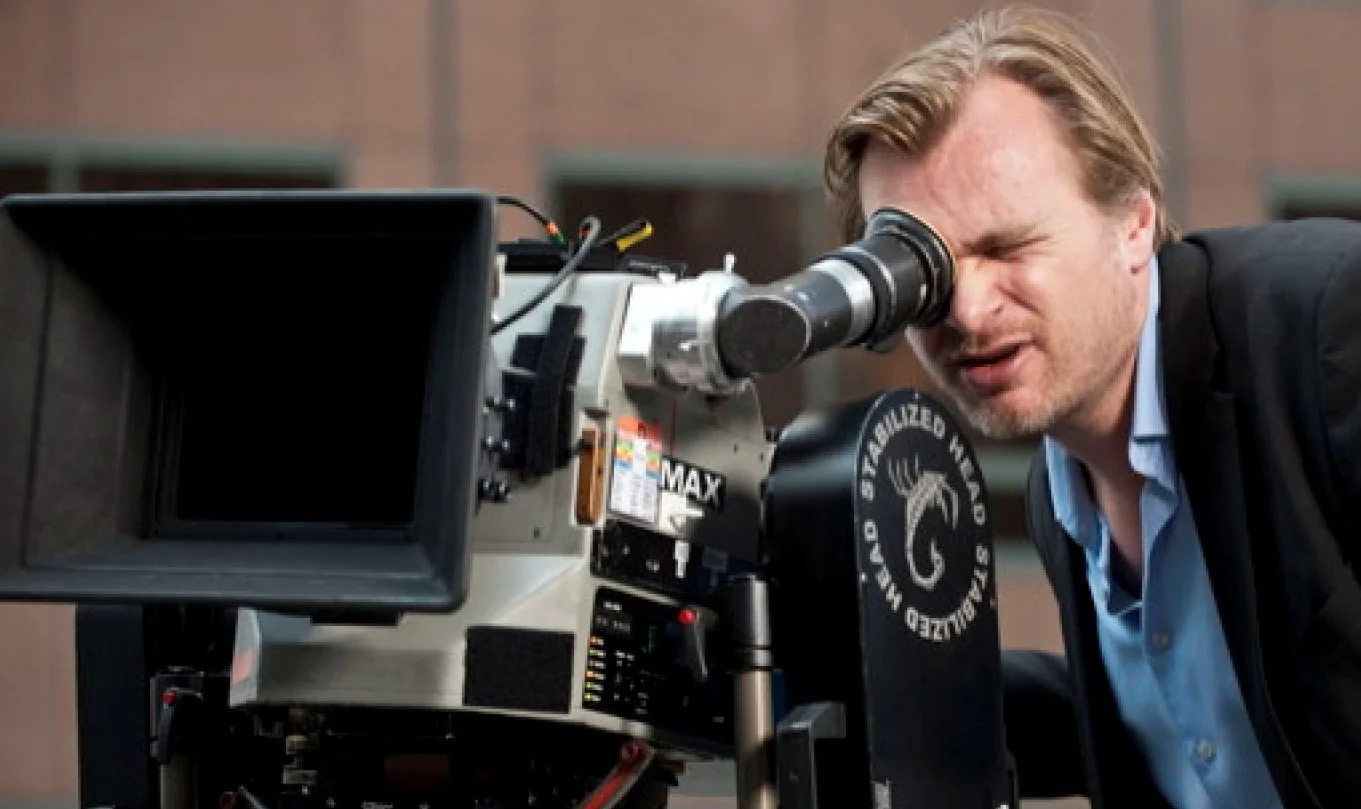Christopher Nolan’s The Odyssey, set for release in 2026, has generated intense anticipation, fueled by Nolan’s reputation for creating influential blockbuster films. Following the success of his Oscar-winning 2023 film Oppenheimer, Nolan returns with a high-profile project that promises to deliver an immersive cinematic experience. The film is already drawing massive attention, with IMAX pre-sale tickets reportedly selling out a year ahead, setting unprecedented excitement around its release format and scale.
The focus keyword Christopher Nolan The Odyssey aligns with the director’s dedication to epic storytelling, matched by a star-studded cast led by Matt Damon, Tom Holland, Anne Hathaway, and newcomers Zendaya and Charlize Theron. Captured entirely on 70mm IMAX film, this adaptation aims to offer unparalleled visual clarity, elevating one of the most celebrated tales in global literature.
Background of the Ancient Greek Epic and Its Historical Foundations
The Odyssey is an essential narrative from ancient Greek literature, attributed to the poet Homer. It recounts the journey of Odysseus, king of Ithaca, as he attempts to return home after the Trojan War. Understanding the Odyssey requires familiarity with its predecessor tale, the Trojan War, where Agamemnon, the king of Mycenae, sought to expand control over Greece. This war erupted after Helen, wife of Menelaus of Sparta, eloped with Prince Paris of Troy, prompting Agamemnon and Greek heroes like Odysseus, Achilles, and Ajax to wage a prolonged siege against Troy.

The Trojan War is famously depicted in Homer’s Iliad, focusing on Achilles’s exploits, while the Odyssey picks up after the Greeks’ victory secured by the cunning use of the Trojan Horse. Odysseus faces numerous obstacles on his voyage home, from divine wrath, particularly of Poseidon, to mythical creatures like the cyclops Polyphemus and the sorceress Circe. Meanwhile, Odysseus’s wife, Penelope, battles persistent suitors eager to claim their kingdom, believing her husband lost forever.
While The Odyssey’s blend of myth and history has been debated, archaeological evidence supports the existence of Troy, and the story’s themes have profoundly influenced storytelling worldwide. Its narrative structure has set a precedent for the “hero’s journey,” which resonates in modern films such as The Lord of the Rings and Star Wars, making it a timeless source of inspiration for filmmakers like Christopher Nolan.
Why Christopher Nolan is an Ideal Choice to Adapt The Odyssey
Christopher Nolan’s unique filmmaking style and dedication to epic narratives make him exceptionally suited to bring The Odyssey to the screen. Unlike prior adaptations that reimagine the story in modern contexts or abstract interpretations, Nolan aims for a faithful retelling, investing heavily in authentic Greek locations and narrative depth. Known for his complex narratives, Nolan’s films such as The Dark Knight trilogy and Oppenheimer showcase his willingness to create long-form, intricate cinematic experiences that grab audience attention for extended runtimes.
Nolan’s collaboration with frequent actors like Matt Damon and Anne Hathaway, combined with newcomers like Tom Holland and Zendaya, ensures a powerful ensemble capable of delivering both blockbuster appeal and dramatic intensity. Though the casting may deviate from traditional expectations of Ancient Greek appearance, Nolan’s name carries trust for a respectful and compelling interpretation.
One compelling aspect for Nolan is the poem’s non-linear storytelling, which echoes his hallmark themes related to time’s fluidity. The Odyssey’s structure, weaving past events with present challenges, complements Nolan’s thematic interests, promising a layered narrative that explores time and memory alongside adventure and heroism.
Star-Studded Cast Brings Legendary Figures to Life
The film’s cast features Matt Damon in the role of Odysseus, the hero whose arduous journey forms the heart of the story. Tom Holland takes on the role of Telemachus, Odysseus’s son, who plays a crucial part in the unfolding drama at home. Anne Hathaway joins the cast in a yet-to-be-announced key role, enhancing the film’s depth with her dramatic prowess.
Zendaya and Charlize Theron also join the ensemble, marking a mix of established and emerging stars that reflects Nolan’s commitment to powerful performances. This carefully curated cast underscores the film’s ambition to be both a visually striking blockbuster and an emotionally rich period drama.
Implications and Expectations for Nolan’s The Odyssey
Christopher Nolan’s The Odyssey is poised to redefine epic filmmaking for modern audiences by blending classical literature with cutting-edge cinematic technology. Its release may set new standards for visual storytelling, especially given the film’s dedication to shooting entirely on 70mm IMAX film. This decision not only enhances the clarity and immersion but also reflects Nolan’s passion for practical effects and real environments over CGI-heavy productions.
The film’s approach to time and narrative complexity suggests it will engage viewers intellectually and emotionally, potentially influencing future adaptations of literary classics. Given Nolan’s track record and the project’s scale, The Odyssey may become a landmark production that sparks renewed interest in Greek mythology and inspires filmmakers to explore other ancient tales with similar ambition.
With its blend of historical authenticity, mythological grandeur, and a cast of renowned talents, Christopher Nolan The Odyssey is shaping up as one of the most ambitious cinematic undertakings of the decade. Fans and critics alike await its release to see how deeply Nolan captures the timeless hero’s journey that has captivated audiences for millennia.
